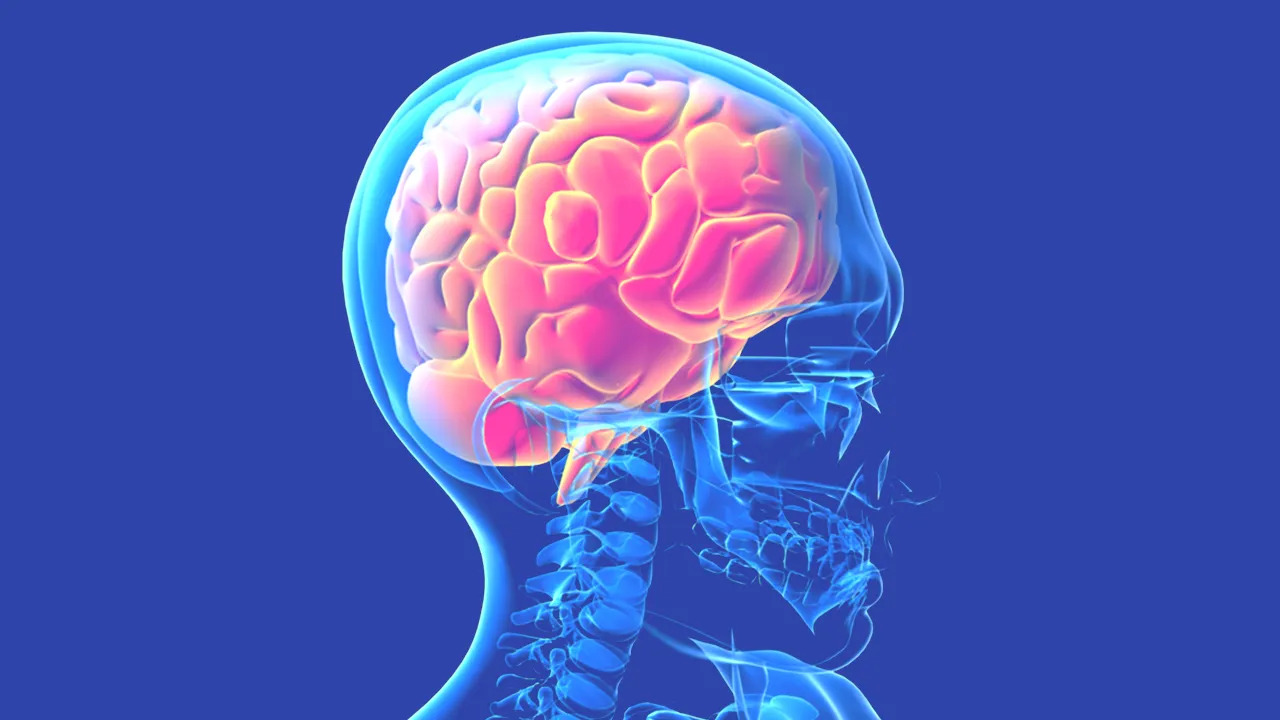Primarily generalized tonic-clonic seizures (PGTCS) are a type of seizure that affects the entire brain and can cause loss of consciousness, convulsions, and muscle rigidity. These seizures are also known as grand mal seizures and are the most common type of seizure experienced by people with epilepsy.
PGTCS can occur in people of all ages but is mostly seen in children and young adults.
The exact cause of PGTCS is unknown, but it is believed to be related to abnormal electrical activity in the brain.
The symptoms of PGTCS can vary from person to person, but they typically involve loss of consciousness, convulsions, and muscle rigidity. The seizure may begin with a sudden loss of consciousness, followed by muscle rigidity and convulsions. During the convulsions, the person may experience jerking movements of the arms and legs, bite their tongue, or lose control of their bladder or bowels.
After the seizure, the person may feel confused and tired and have difficulty speaking or moving. They may also experience headaches, muscle soreness, and other physical symptoms.
The diagnosis of PGTCS is typically made based on the person’s symptoms and medical history. In addition to physical and neurologic exams, tests such as an electroencephalogram (EEG) or magnetic resonance imaging (MRI) are requested to help diagnose the condition.
The treatment of PGTCS typically involves medications to control seizures. Antiepileptic drugs (AEDs) are the most commonly used medications for PGTCS. These medications reduce the abnormal electrical activity in the brain that causes seizures.
Surgery may be recommended in some cases to remove the part of the brain causing the seizures. However, this is only done when medications are ineffective in controlling seizures.
Lifestyle changes may also be recommended to help manage PGTCS. These may include getting enough sleep, avoiding alcohol and drugs, and managing stress.
PGTCS can be a serious condition that can lead to complications such as injury from falls, breathing difficulties, and even death. Therefore, people with PGTCS need to seek medical treatment and follow medical recommendations for managing the condition.
There is no known way to prevent PGTCS, but there are steps that can be taken to reduce the risk of seizures. These may include taking medications as prescribed, getting enough sleep, avoiding alcohol and drugs, and managing stress.
PGTCS is a type of seizure that affects the entire brain and can cause loss of consciousness, convulsions, and muscle rigidity. They are the most common type of seizure experienced by people with epilepsy. The exact cause of PGTCS is unknown, but it is believed to be related to abnormal electrical activity in the brain. Treatment typically involves medications to control seizures, and in some cases, surgery may be recommended. Lifestyle changes may also be recommended to help manage the condition.

Comments are closed.